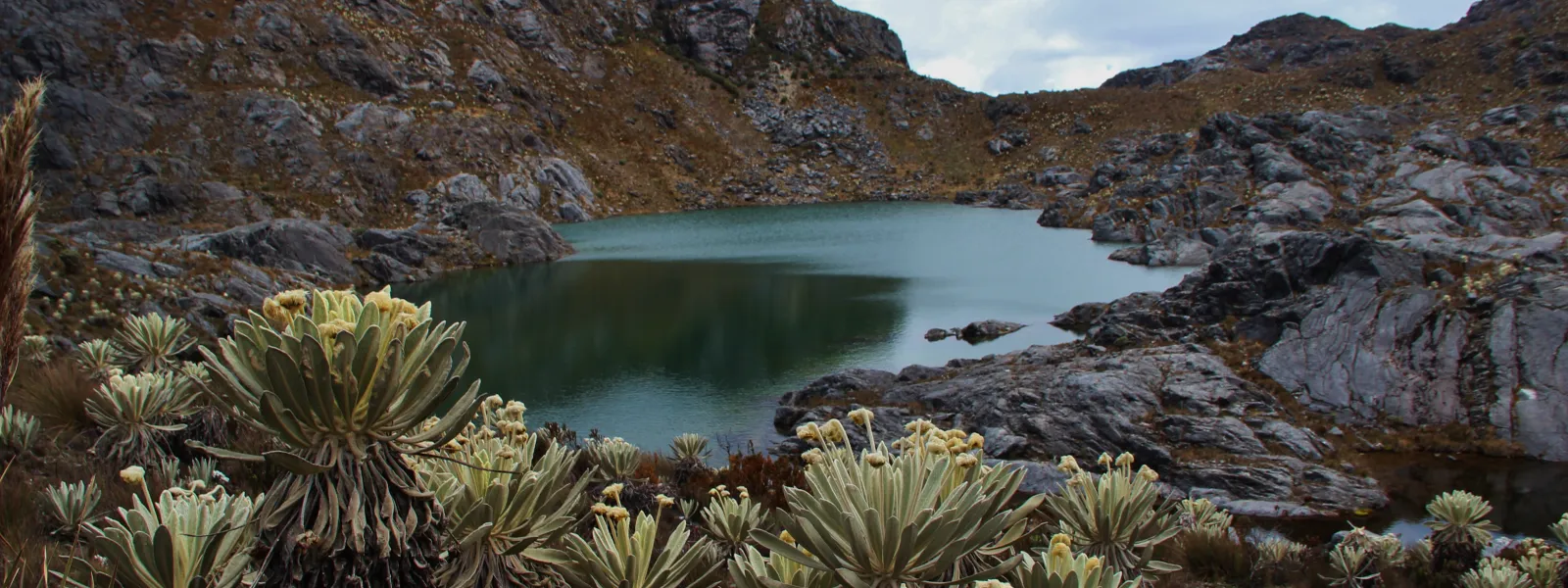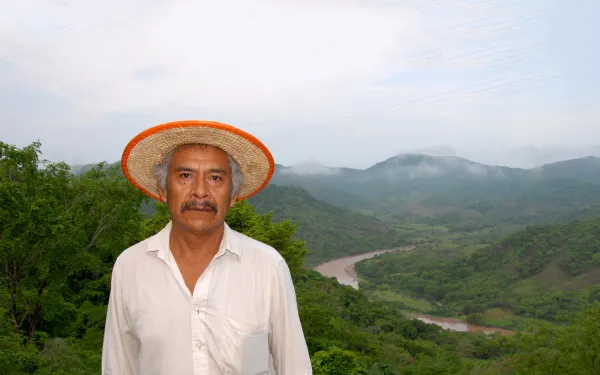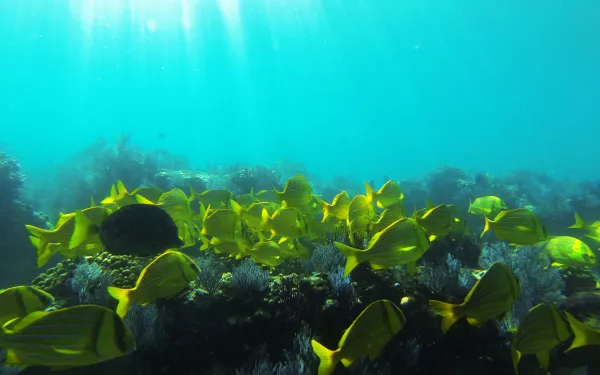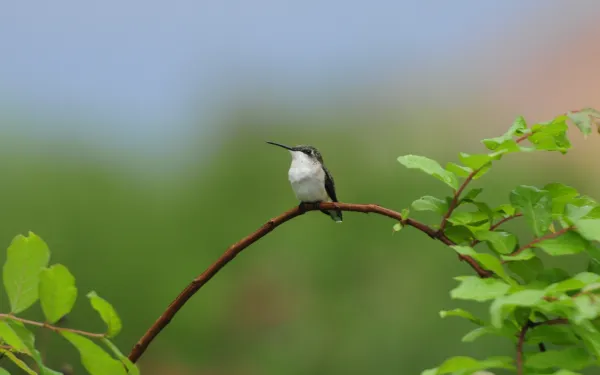
Our Work
Business practices motivated by financial gain degrade the environment. They also violate human rights. Governments can and sometimes do restrict harmful practices. But very often, laws and regulations are weak and ineffectively enforced.
AIDA creates stronger environmental and social protections. We advocate at government ministries, development banks, and multilateral organizations. Our education and alliance-building initiatives increase public pressure for change. We foster collaboration and improve the effectiveness of community groups and government representatives. In domestic courts, we introduce arguments based in international law to create legal precedents that apply nationally and regionally. In international venues, we strengthen and enforce treaties, and advance legal protections for the environment and human rights.

People
Environmental degradation affects individuals and communities in a variety of ways. Toxic pollution creates health problems, large dams displace entire communities, mining and fracking destroys freshwater sources that cities and towns rely on. AIDA pioneered the use of international human rights law to protect environmental resources. We’ve also strengthened international law to protect human rights abuses stemming from environmental destruction.

Places
We use our limited resources strategically to focus on protecting key species and ecosystems. For example, Mexico’s National Wetlands—which host 80% of the Pacific’s migratory birds and absorb twice as much carbon dioxide as a tropical forest of the same size. We also bring legal, scientific, and technical support to communities. We strengthen their ability to fight industrial projects that damage their land, air, and water.

Planet
AIDA is a leader in the global South’s efforts to secure international finance for plans to combat climate change. We help governments and the nonprofit sector to understand and access complicated financial systems, and we help governments and development banks to improve their policies. Our efforts to prevent the spread of hydraulic fracturing (fracking) and large dams in Latin America aim to reduce emissions of methane, a greenhouse gas at least 34 times more potent than carbon dioxide.
